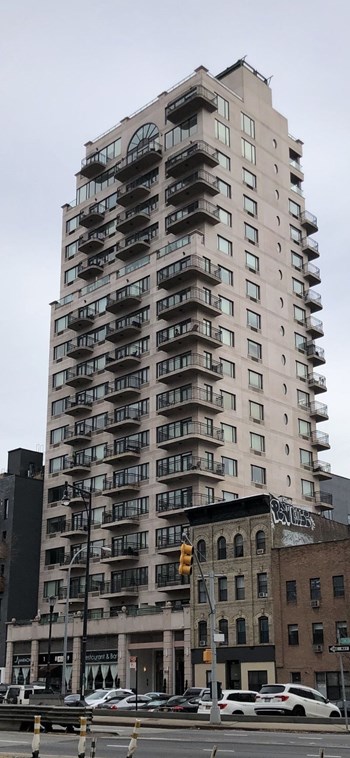
According to a recent press release, the Manhattan-based law firm of Schwartz Sladkus Reich Greenberg Atlas LLP (SSRGA) recently obtained the dismissal of a lawsuit brought against the board of a Brooklyn condominium by a group of unit owners. The owners sued on behalf of themselves and other unit owners in the building to prevent the board from making façade repairs required by Local Law 11 and assessing unit owners for the cost.
SSRGA partners Debra M. Schoenberg and Steven D. Sladkus represented the board of Bridgeview Tower Condominium at 189 Bridge Street before Justice Kathryn E. Freed in New York State Supreme Court, New York County. The petitioners – which included representatives of Bridge View Tower LLC, the condo’s developer/sponsor – claimed that the work was unnecessary and overpriced, and that conducting the repairs during the COVID-19 pandemic increased costs and placed undue burden on them during an economic crisis.
According to SSRGA’s release, “The Court agreed that the petition should be dismissed on multiple procedural grounds, including that the petition was not verified, and failed to set forth a legal basis for petitioners’ standing to commence the proceeding in the first place. On the merits, the Court agreed that the petition should be dismissed because the business judgment rule shielded from judicial review the board’s decision to proceed with the Local Law 11 work and its decision to impose the cost on unit owners through an assessment.”
The release goes on to say that “The Court relied on evidence submitted by SSRGA demonstrating that the board acted in good faith in accordance with the condominium’s governing documents, because the building’s facade was visibly in need of repair, units were experiencing water leaks, and the façade repairs were mandated by the City of New York. Justice Freed held that because the petitioners failed to show that the board acted wrongfully or outside the scope of its authority so as to warrant judicial inquiry, the petitioners failed to show a likelihood of success on the merits and the entire lawsuit, therefore, should be dismissed. The board was awarded its costs and disbursements in defending the baseless action.”
“We are pleased that the Court agreed with our arguments in this case,” Schoenberg said. “This decision demonstrates that condominium boards’ decisions on how to operate their buildings continue to be protected by the business judgement rule, so long as they do not self-deal or act in bad faith or some discriminatory manner. Baseless and unsubstantiated allegations by unit owners will not trump good faith business decisions.”
”




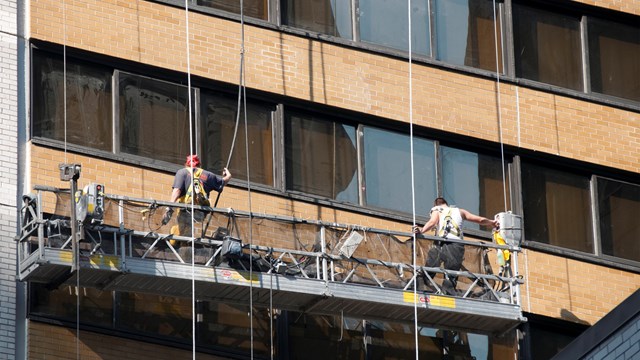

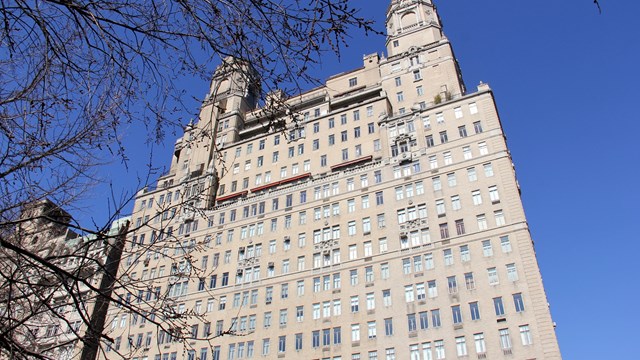
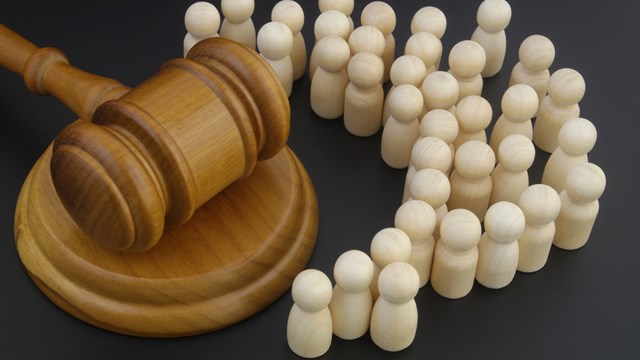
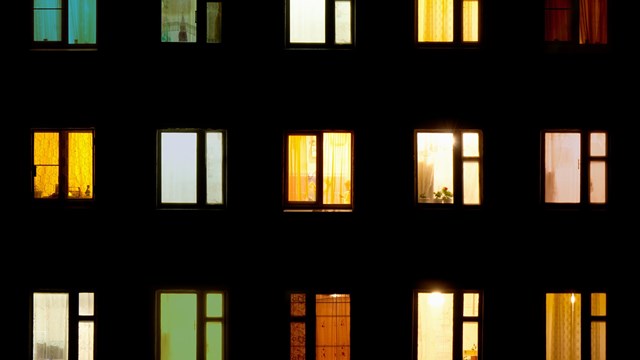
Leave a Comment